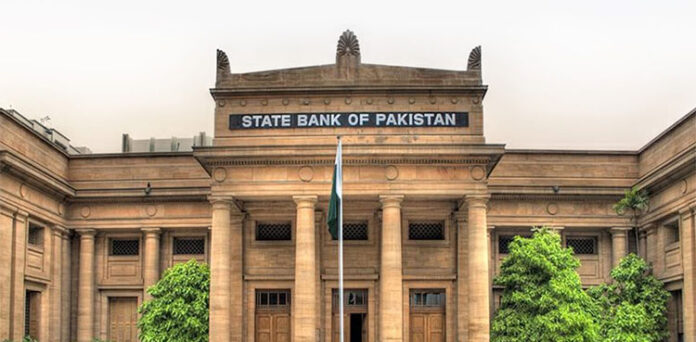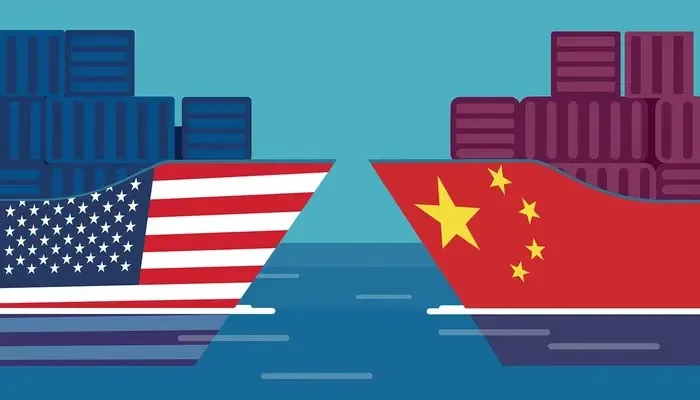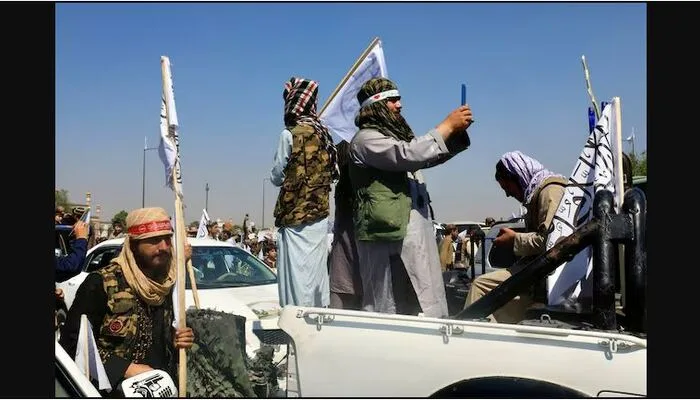
The State Bank of Pakistan (SBP) has designated Domestic Systemically Important Banks (D-SIBs) for the year 2024. This decision is part of the ongoing effort to ensure financial stability in the country and aligns with the framework introduced by the SBP in April 2018. The framework is designed to meet international standards while considering both global best practices and local dynamics.
The SBP’s D-SIB framework outlines the methodology for identifying and designating systemically important banks. This includes enhanced regulatory and supervisory requirements, which aim to strengthen the resilience of these banks against financial shocks. The framework also seeks to enhance the risk management capabilities of these key financial institutions.
Two-Step Identification Process
The process of identifying D-SIBs involves two key steps:
- Sample Identification: Each year, the SBP identifies a sample of potential D-SIBs based on both quantitative and qualitative criteria. This initial selection considers factors such as the size, interconnectedness, substitutability, and complexity of the banks.
- Designation: From the identified sample, the SBP designates D-SIBs based on a composite systemic score, which reflects the overall importance of the bank to the financial system.
2024 D-SIBs Designation
For the year 2024, the SBP conducted its annual assessment using the financial data of banks as of December 31, 2023. Based on this assessment, three banks have been designated as D-SIBs:
- National Bank of Pakistan (NBP)
- United Bank Limited (UBL)
- Habib Bank Limited (HBL)
Enhanced Capital Requirements
The designated D-SIBs are required to meet additional Common Equity Tier-1 (CET-1) capital requirements, as follows:
- National Bank of Pakistan (Bucket C): 1.5% additional CET-1 capital requirement
- United Bank Limited (Bucket B): 1.0% additional CET-1 capital requirement
- Habib Bank Limited (Bucket B): 1.0% additional CET-1 capital requirement
These enhanced capital requirements are in addition to the existing regulatory standards and are intended to ensure that these banks remain resilient against potential financial disruptions.
Requirements for Global Systemically Important Banks (G-SIBs)
In addition to the D-SIBs, branches of Global Systemically Important Banks (G-SIBs) operating in Pakistan will also need to hold additional CET-1 capital. This requirement is based on the capital requirement applicable to their respective principal G-SIB.
The SBP’s designation of D-SIBs for 2024 reflects a proactive approach to maintaining financial stability in Pakistan. By imposing stricter capital and supervisory requirements on NBP, UBL, and HBL, the SBP aims to ensure that these banks can withstand potential shocks and continue to play their critical roles in the financial system. This initiative also aligns Pakistan’s banking regulations with global standards, contributing to the overall stability and security of the country’s financial landscape.
Follow us on Instagram, YouTube, Facebook, Whats App, and TikTok for latest updates.
















